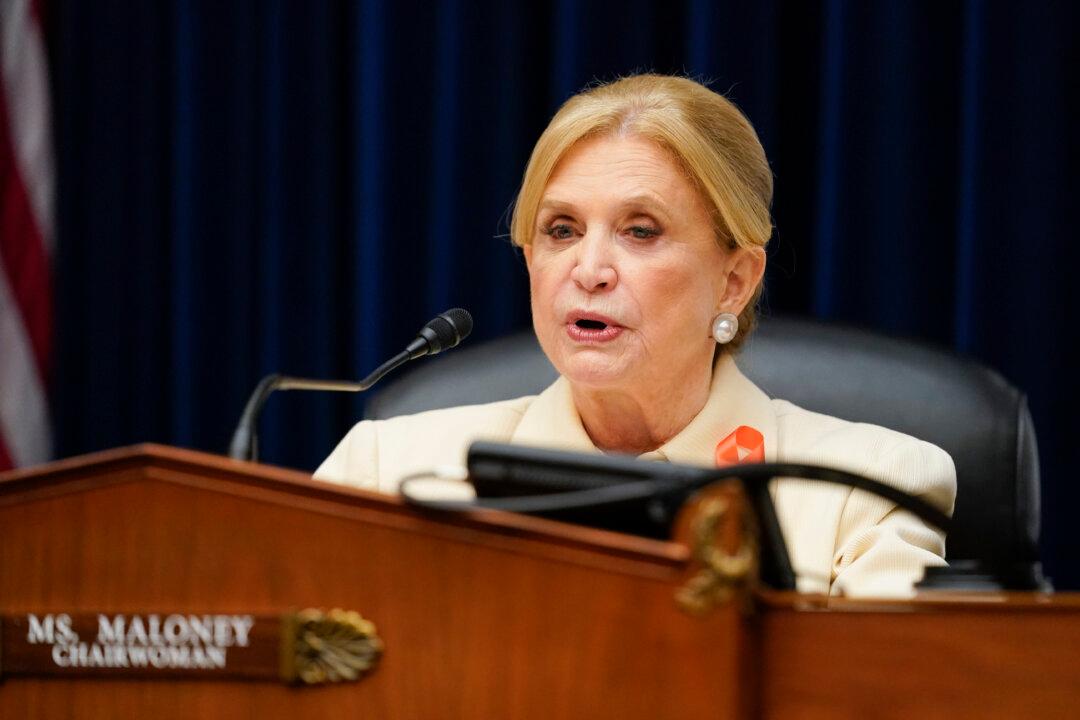Democrats on the House Oversight Committee demanded in an Aug. 11 report that the federal government do more to respond to alleged “election misinformation,” which they say has weakened the capacity of election offices across the United States to carry out their official duties.
The committee report claimed that so-called misinformation efforts led by President Donald Trump and other conservatives have overwhelmed election offices and caused an uptick in threats against election workers (pdf). To respond to this, Democrats said, “strong federal leadership is needed.”





